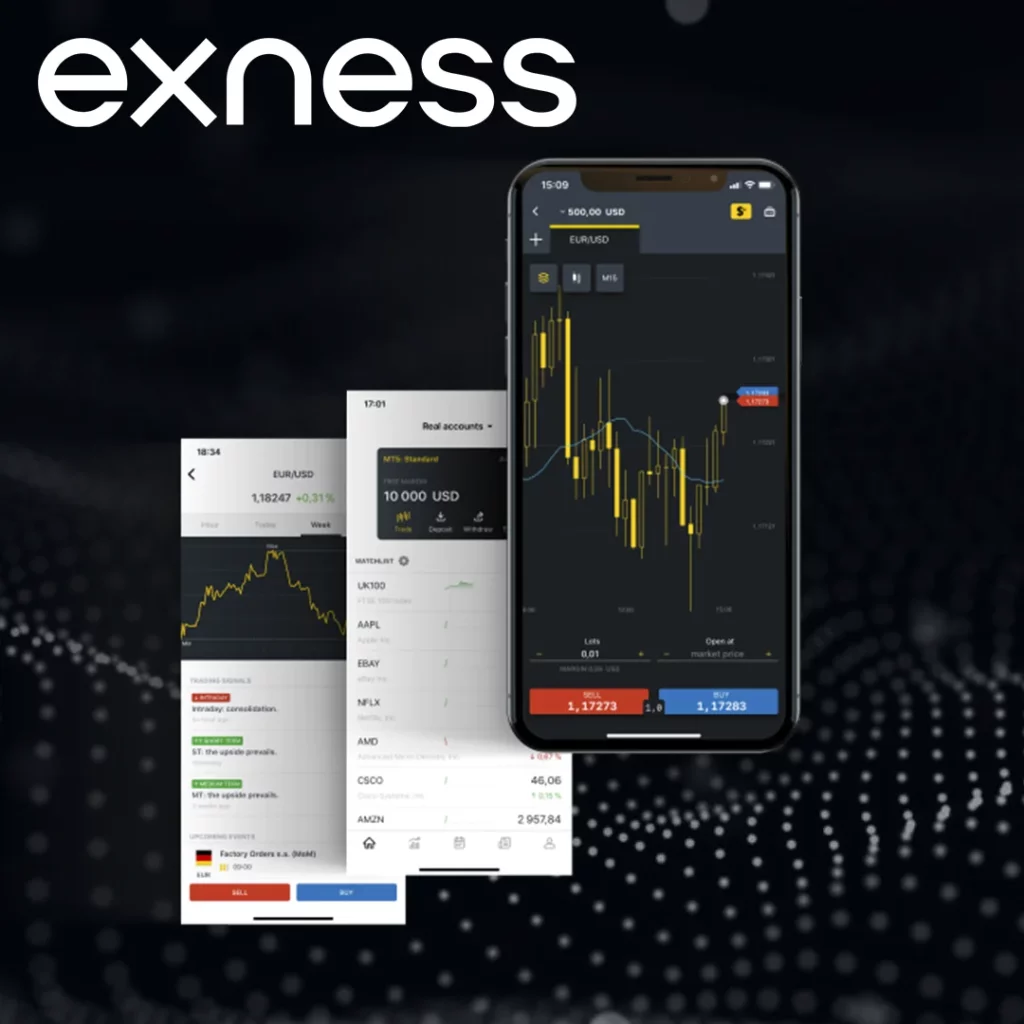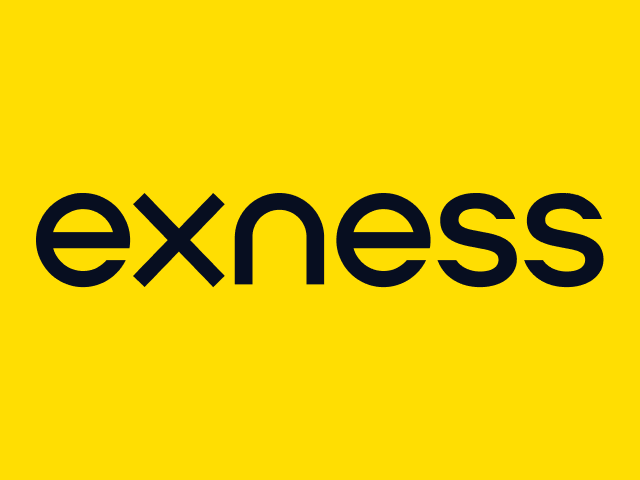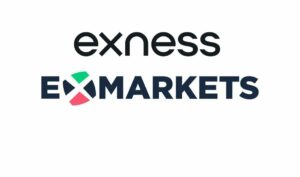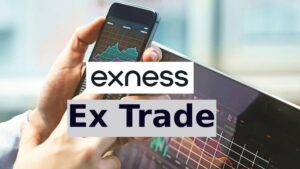In the world of forex trading, understanding the term “book” is essential when differentiating between the various broker models. A “book” is often used to describe the system through which brokers, typically market makers, manage orders from clients. Essentially, market makers create their own order book, providing liquidity and acting as a counterparty to client trades.
For traders, understanding whether their broker operates as a “book” is crucial. A market maker’s role is not just about offering competitive spreads and quick execution; it’s about providing a stable environment where trades are filled without external disruptions. But how does Exness fit into this picture? Let’s break down Exness’ role as a market maker and answer the question: Is Exness a “book”?
Understanding Exness’ Execution Model
Exness operates on a hybrid execution model. This means that while it functions as a market maker in many instances, it also partners with external liquidity providers to create a more efficient trading environment for its clients.
| Feature | Exness’ Approach |
| Liquidity | Exness integrates multiple liquidity providers to ensure minimal slippage. |
| Execution Speed | Ultra-fast execution with zero re-quotes. |
| Price Transparency | Offers transparent pricing with competitive spreads and no manipulation. |
| Types of Execution | Market Execution for most trades; Instant Execution for specific account types. |
| Leverage | Offers high leverage (up to 1:2000) on certain accounts for traders. |
Market Execution
Market Execution is the default for most Exness accounts. This means that when traders submit orders, the prices are instantly matched against Exness’ liquidity providers or internal order book.
- No Requotes: Unlike many traditional market makers, Exness does not requote orders. Traders get the price they see, even during times of high volatility.
- Direct Order Matching: Orders are matched in real-time with minimal delay. Exness uses sophisticated technology to ensure the trade is executed at the displayed price.
Instant Execution
For accounts like Pro and Zero, Instant Execution applies. Here, traders can lock in a price when placing an order, which is especially useful in fast-moving markets.
- Advantages: Provides certainty on price execution.
- Disadvantages: Slight price variations may occur due to market fluctuations before order execution.

Exness and its Role in Providing Liquidity

While Exness acts as a market maker, it also taps into external liquidity sources to ensure its clients experience the best possible trading conditions. This combination of internal liquidity (from its own book) and external liquidity (from liquidity providers) allows Exness to offer:
- Better Pricing: Clients benefit from tight spreads even during high volatility.
- Reduced Slippage: Slippage is minimized due to Exness’ diverse liquidity pool.
Exness partners with several liquidity providers across the globe to ensure continuous access to liquidity. This includes top-tier banks, hedge funds, and liquidity pools.
| Liquidity Provider | Role |
| Top Banks | Provide the initial liquidity for forex trades, offering competitive spreads. |
| Hedge Funds | Add depth to liquidity pools, ensuring less market impact from large orders. |
| Other Brokers | Collaborate with Exness to share liquidity during high-volume periods. |
Key advantages of Exness’ liquidity model
- Instant Execution: With access to a global pool of liquidity, Exness is able to execute trades almost instantly without significant delays.
- No Stop Out During Volatility: Exness’ unique Stop Out Protection feature ensures that traders are not automatically stopped out during extreme market conditions, offering more flexibility in volatile environments.
- Stable Spreads: Exness ensures that spreads remain tight and stable even during times of market turbulence.
Is Exness’ Book Better Than Traditional Market Makers?
Exness has managed to differentiate itself from traditional market makers by addressing some common pain points traders often face. Let’s take a closer look:
| Traditional Market Makers | Exness’ Approach |
| Often manipulate spreads during volatility. | Exness keeps spreads tight, even in volatile markets. |
| Can cancel or requote orders during fast movements. | Exness never requotes and ensures price stability. |
| Slow order execution during periods of high demand. | Exness ensures ultra-fast execution and no requotes. |
Exness’ key differentiators:
- No Price Manipulation: Unlike many market makers that may widen spreads during volatile periods, Exness ensures that its spreads stay competitive at all times.
- Transparency: Traders have full access to pricing and order execution details, enhancing trust and accountability.
- Stop-Out Protection: Exness allows traders to avoid automatic stop-outs even when the market experiences sharp movements, giving more control to traders.
Conclusion
Yes, Exness does act as a market maker, but it does so in a way that adds value to the trader. While it creates its own liquidity pool and fills orders from its book, Exness has also established partnerships with liquidity providers to offer the best possible prices and execution speeds.
Exness is not just a “book” in the traditional sense; it’s a sophisticated broker that blends market-making with high-speed execution, transparent pricing, and flexible account options. Its hybrid model allows it to offer traders better-than-market conditions, with features like instant execution, no re-quotes, and stop-out protection. This makes Exness an attractive choice for both beginners and experienced traders looking for a reliable broker to navigate the fast-paced world of forex.

Trade with a trusted broker Exness today
See for yourself why Exness is the broker of choice for over 800,000 traders and 64,000 partners.
FAQs
Is Exness a market maker?
Yes, Exness is a market maker. It provides liquidity and acts as the counterparty to client trades, but also integrates external liquidity providers to ensure the best pricing and execution.



